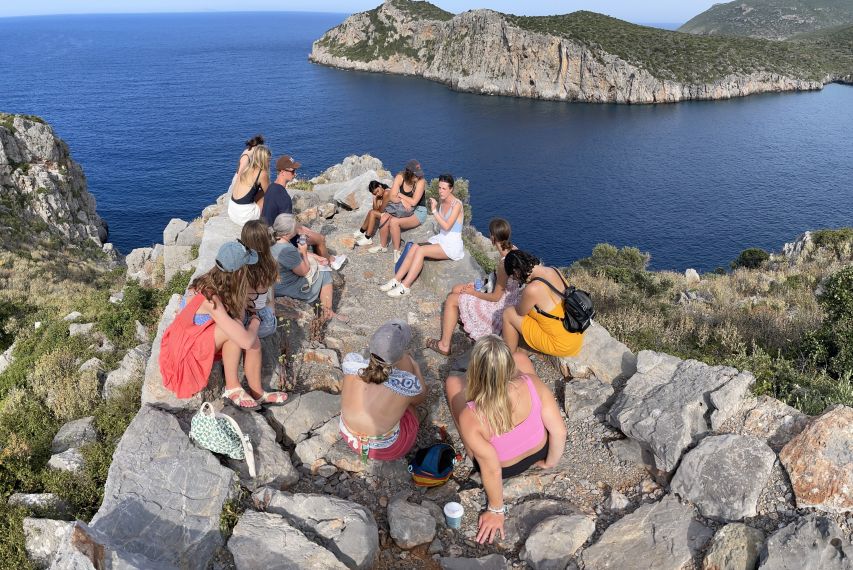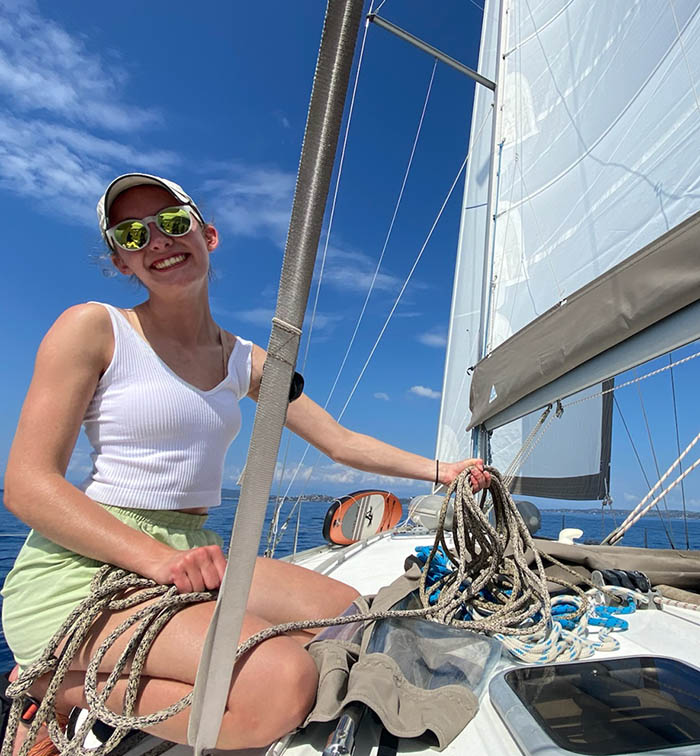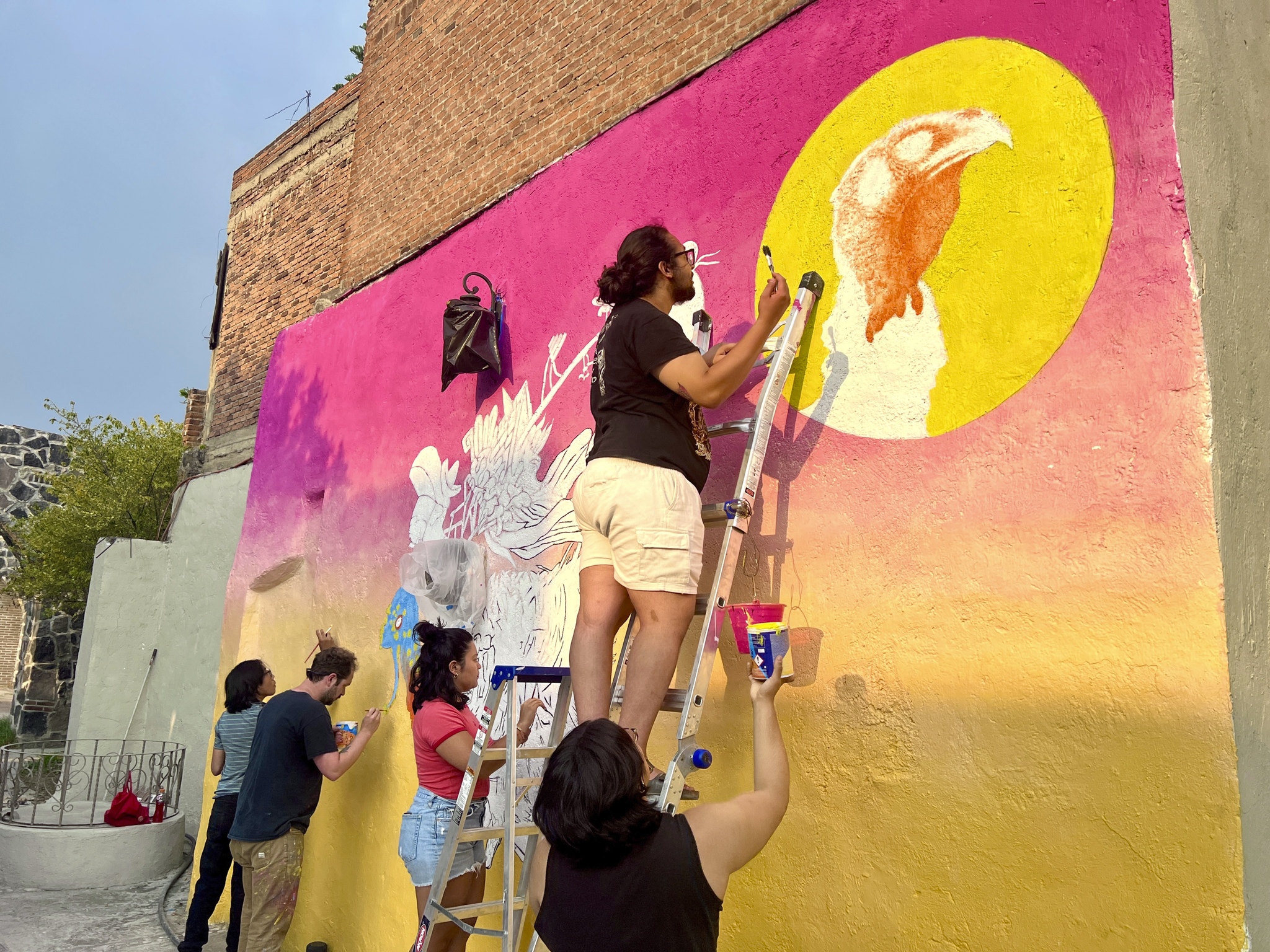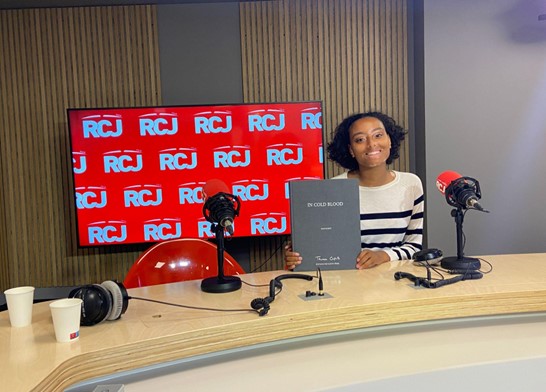Phoebe Crisman and Michael Petrus, faculty in Global Studies and Architecture, taught an Education Abroad course – Greek in Anthropocene – and sailed with students in the Aegean Sea for three weeks.
"The main focus of the course was how sustainable, ancient ways of living can inform contemporary life in Greece. Living on a sailboat that is a closed loopsystem, not connected to the power, water or fuel grid, gave students the opportunity to understand the impact of their resource use and change their behavior while at sea. Single use plastics and microplastics in the environment were clearly evident as we sailed, and students responded by drastically minimizing our own plastic consumption during the program.
Education abroad is an ideal form of experiential learning—a powerful way for students to viscerally understand specific places and cultures. For example, directly experiencing the effects and sensations of the city of Hydra with no cars and people freely roaming the streets is only possible by being there. Specifically, students experienced and compared ancient and modern ways of living via this innovative teaching and learning method. They could feel the spirit of a place, the dry heat, the pervasive smell of herbs central to the Greek diet, and constantly see expansive views over land and sea.







